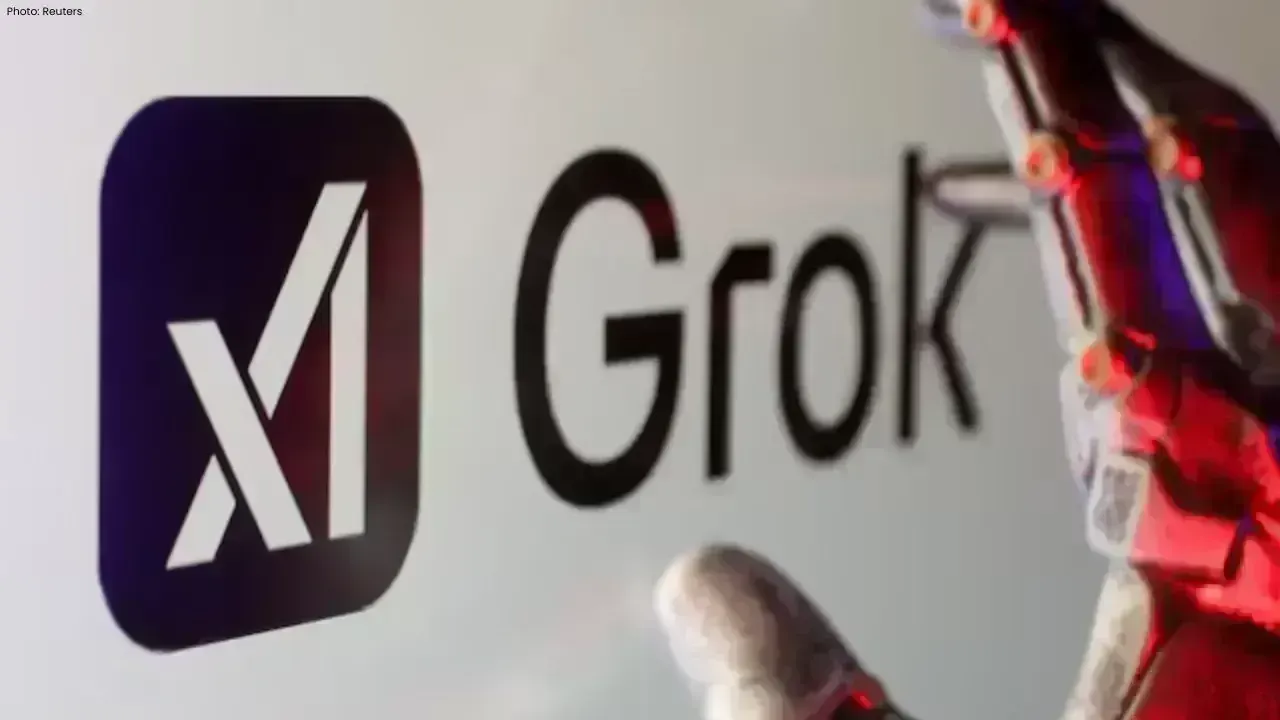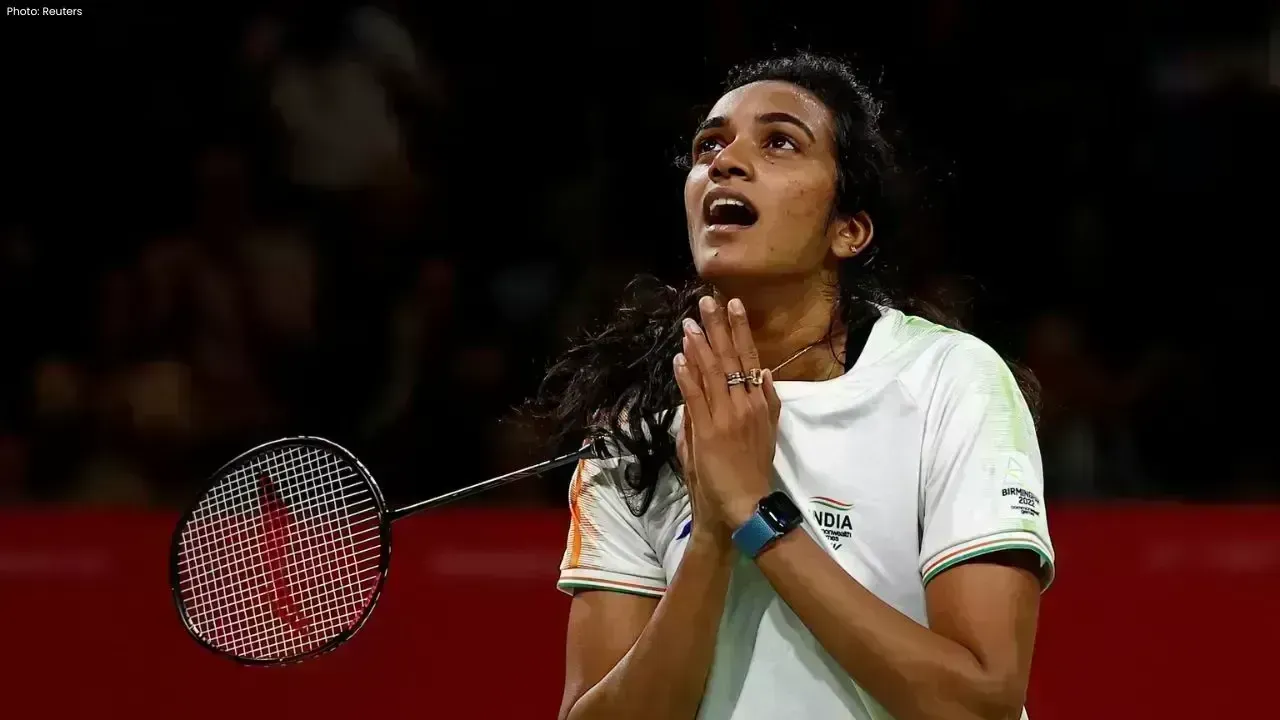You have not yet added any article to your bookmarks!

Join 10k+ people to get notified about new posts, news and tips.
Do not worry we don't spam!

Post by : Anis Farhan
In recent years, sleep has transitioned from a simple concern to a vital aspect of overall well-being. Individuals are increasingly aware that inadequate sleep impacts energy, mood, metabolism, and long-term health. Modern challenges like work stress, inconsistent routines, and screen overload make achieving quality sleep more challenging.
This has sparked a surge in innovative sleep aids that surpass traditional remedies. The latest solutions combine technology, behavioral science, and comfort design. From light therapies to mattresses that monitor body signals, the landscape of sleep support is evolving.
In 2025, sleeping isn't just about counting hours; it's about achieving restorative sleep. Innovative aids are shaping the way we rest.
To appreciate these new tools, it's important to grasp how sleep functions. The body's natural sleep-wake cycle, known as the circadian rhythm, is influenced by light, temperature, and daily behaviors.
Contemporary sleep aids address these factors by:
balancing light exposure
optimizing ambient temperature
reducing stress signals
encouraging relaxation
improving the sleep environment
enhancing natural sleep cues
The aim is to foster an environment conducive to natural sleep.
Light therapy has emerged as a leading modern approach to enhancing sleep. It manages light exposure, the primary signal regulating circadian rhythms.
Bright light awakens the body, while softer light cues it to wind down. Disruptive screens and poor lighting can interrupt this cycle. Light therapy aims to restore harmony.
Many individuals utilize bright light devices soon after waking to stabilize their circadian clocks. These lamps imitate natural sunlight, which is particularly beneficial for:
night owls
people living in dim environments
those who struggle to rise early
Consistent exposure to morning light can help regulate cortisol and melatonin, thus improving nighttime rest.
Soft, warm-toned lights during the evening signal the brain to begin winding down. Devices that simulate sunset gradually dim light to replicate natural dusk.
Light therapy tools are becoming ubiquitous in bedrooms, seamlessly integrating into routines.
Today's mattresses are far more than just foam and springs. Smart mattresses now stand at the forefront of sleep aids, offering individualized comfort.
Temperature is critical for quality rest. The body's core temperature drops before sleep. Smart mattresses can regulate this through:
cooling layers
airflow channels
thermal sensors
dynamic climate management
This prevents overheating, a major hindrance to sleep.
Certain smart mattresses monitor sleep movements, tracking:
tossing and turning
restlessness
sleep depth trends
This information empowers users to enhance their sleep practices.
Couples benefit from dual-zone features, allowing each partner to customize their side of the bed for personal comfort.
These mattresses dynamically adjust their firmness based on individual pressure points to provide the necessary support or softness.
Smart mattresses epitomize the fusion of engineering and wellness, establishing a significant trend for 2025's sleep solutions.
The growing popularity of weighted blankets lies in their ability to provide deep pressure stimulation, calming the user and promoting relaxation. They effectively:
reduce anxiety at night
minimize restlessness
create a soothing cocoon
instill a sense of security
These blankets work well for both adults and children experiencing racing thoughts.
Auditory sleep aids have become more popular in response to common noise disturbances. Continuous ambient sounds help reduce interruptions to sleep.
White noise machines produce consistent sounds, effectively masking sudden disruptions, ideal for:
urban dwellers
shift workers
light sleepers
Pink noise offers deeper, more harmonious tones—like gentle rainfall—helping some achieve deeper sleep.
Sounds from nature, such as ocean waves or forest ambiance, assist listeners in unwinding and transitioning to restful sleep.
Soundscape apps, bedside machines, and wearable earbuds make these solutions readily available.
While aromatherapy isn't new, it has seen a resurgence with specialized sleep formulations using essential oils like lavender and chamomile to enhance relaxation.
Sleep sprays and diffusers create tranquil environments that facilitate restful sleep, making them easy to incorporate into bedtime rituals.
Today's sleep trackers are becoming increasingly precise and less intrusive, measuring:
heart rate
breathing
sleep phases
stress levels
REM and deep sleep ratios
These insights allow users to modify their habits, with modern trackers available in various formats including:
watches
rings
headbands
sensors under mattresses
monitors by the bedside
The focus is on more than just data collection; it aims to facilitate behavior modifications.
Screens emit blue light, which interferes with melatonin production—the hormone that regulates sleep. Contemporary aids include:
blue-light-blocking glasses
color-adjusting software
warm-tone device settings
automatic dim features on smartphones
Minimizing blue light exposure before bed can significantly enhance sleep initiation.
Stress is among the key disruptors of sleep. New devices are designed to assist users in winding down prior to bedtime, including:
guided breathing tools
handheld relaxation gadgets
bedsides that encourage meditation
calming lights syncing with breath
These tools help train relaxation, facilitating easier sleep onset.
Some wearables manage body temperature during sleep, tracking changes and adjusting external temps through smart devices like heated blankets or cooling systems.
Keeping the body at the right temperature supports deeper sleep cycles.
Smart curtains can open gradually with daylight or close automatically, while automated lighting adjusts ambiance without hassle.
These innovations create a natural light cycle indoors, promoting healthier sleep patterns, particularly for those with erratic work hours.
Not all sleep aids are technological. A growing number of individuals prefer minimalistic bedroom designs, reducing clutter and distractions.
This often includes:
neutral colors
soft lighting
simple bedding
a reduced presence of devices
serene décor
A more tranquil environment contributes to improved sleep.
Many individuals now incorporate sleep technology into their evening routines, featuring:
warm lighting
guided meditations
aroma diffusers
relaxing playlists
cooling pillows
breathing monitors
These elements create a calming rhythm, signaling the mind to wind down.
While technology can aid sleep, behavior is equally important. The most effective sleep aids facilitate changes such as:
setting consistent sleep schedules
limiting afternoon caffeine
having lighter evening meals
breaking from devices before bed
engaging in physical activity
maintaining sleep-conducive room temperatures
To maximize technology's benefits, it should align with mindful habits.
The most significant trend in 2025 sleep aids revolves around customization. One person may need cooling options, another may favor sound machines, while a third might benefit from light therapy.
Personalized sleep strategies, supported by data from trackers and intelligent environments, are gaining traction.
People are beginning to recognize that effective sleep solutions are not universal, but rather intensely individual.
The realm of sleep technology is poised for continual advancement. Emerging innovations may encompass:
AI-driven adjustments for mattresses
temperature-sensitive bedding
environmental sleep assessments
advanced hormonal analyses
smart pillows with breathing monitors
noninvasive controls for sleep environments
The objective is to ensure sleep support remains effortless and intuitive.
This article is intended for informational and lifestyle insights only and does not provide medical or therapeutic advice. Anyone with ongoing sleep issues is encouraged to consult a healthcare professional.










Landfill Collapse in Cebu Kills Four, Dozens Missing as Rescue Continues
A massive landfill collapse in Cebu City has left four dead and dozens missing as rescuers race agai

Netanyahu Says Israel Aims to End US Military Aid Within 10 Years
Israeli PM Benjamin Netanyahu says Israel plans to gradually stop relying on US military aid within

Dhurandhar’s Box Office Roars On: Ranveer Singh’s Spy Thriller Shatters Records
Ranveer Singh’s Dhurandhar earns ₹3.6 Cr on Day 36, totaling ₹844.45 Cr in India. The spy thriller s

FCC Clears SpaceX to Launch 7,500 More Starlink Satellites Worldwide
SpaceX gets FCC approval to add 7,500 new Starlink satellites and upgrade frequencies, boosting glob

Indonesia Blocks Elon Musk’s Grok AI Over Unsafe AI Content
Indonesia temporarily blocks Elon Musk’s Grok chatbot due to unsafe AI-generated images. The move ai

PV Sindhu’s Malaysia Open Run Ends with Semifinal Loss to Wang Zhiyi
PV Sindhu’s comeback at Malaysia Open ends in semifinals as China’s Wang Zhiyi wins 21-16, 21-15. Si